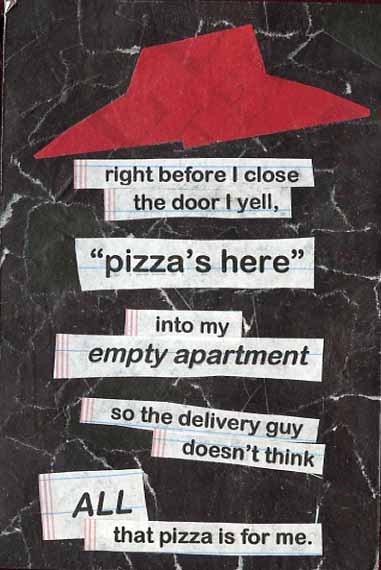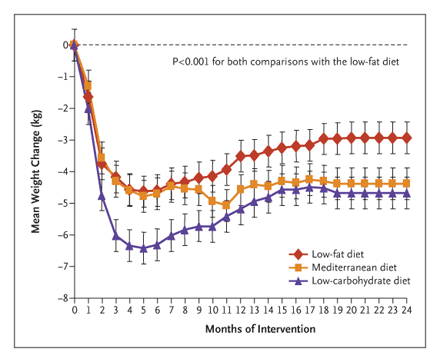Why Should I Buy Local?

Driving through Oregon along the back roads to Mount Hood, we saw tons of little fruit stands and markets. It seemed like every swath of land was offering to sell us ripe and delicious fruits and vegetables.
Compared to what I can get at a supermarket, however, their choices were limited. There is a lot of talk about buying your produce at farmers’ markets lately, but not all communities have access to such great fare locally and in the coming winter months, it’s impossible to get local produce.
Why should I buy local?
When I can walk to my nearest grocery store and get whatever fruit I want, why should I go to the trouble of going to the farmers’ market once a week to get produce?
It Saves the Environment
This reason is the the least supported of them all for me. Sure, it takes less oil to transport the apples from Young Family Farm in Mona, Utah than it would to transport an apple from Venezuela, but that’s only if both farms are run with the same energy efficiency. Maybe the farm in Venezuela uses more human labor than machine labor. How does that affect the equation?
Honestly, all of the factors are many and varied. Accounting for all of them is difficult and I’m not convinced that buying locally grown produce will make a significant improvement on the environment. There are figures thrown around about how much oil eating one locally grown meal a week could save, but I want to see the data to support them. It’s surprisingly scant.
It Tastes Better
The best vegetables and fruit I have ever eaten have been from my grandfather’s garden when I was a teenager. Compared to that, nothing else tastes right. The closest I’ve ever come to truly delicious fruit and veggies has been food that I’ve gotten at the farmers’ market. Supermarket fruit and veggies just don’t compare.
It’s Usually Cheaper
I know that sounds crazy that better food might be cheaper, but from what I’ve noticed at the farmers’ market here in Salt Lake City, it is. I have compared the prices of what is available to what is in the grocery stores and it costs less every time. Of course, the variety isn’t as wide at our farmers’ market as it is in the grocery store. I’ll never be able to buy a locally grown orange or mango unless it was raised in a hot house, but if I want the juiciest apple picked ripe off the tree, then there is no beating the farmers’ market in price.
It Doesn’t Last Forever
I don’t know about more temperate climates like California, but our farmers’ market closes up the minute the weather turns cold. With frost, comes the end of fresh produce from Utah and I suspect it’s the same in all areas of the states that actually have all four seasons instead of the perpetual spring of the warmer climates.
Whatever your reason for going to a farmers’ market, the food that gives you the most bang for your calories are fruits and vegetables. Whether you buy them in a grocery store or a farmers’ market, they will help you stay within your requirements and fill you full of fiber and vitamins.
 Buy Walking Videos
Buy Walking Videos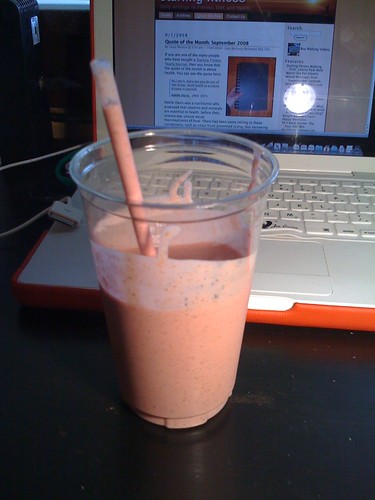
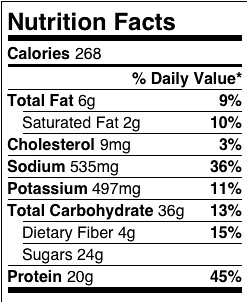
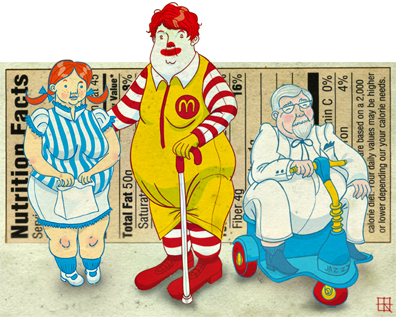

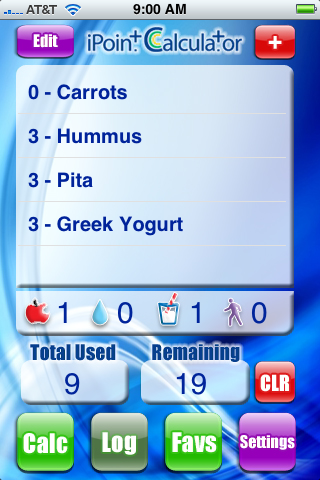 If you have an iPhone, there is an application that can track your Weight Watcher Points as well as calculate the points for certain foods. You can find out more about it here:
If you have an iPhone, there is an application that can track your Weight Watcher Points as well as calculate the points for certain foods. You can find out more about it here:

